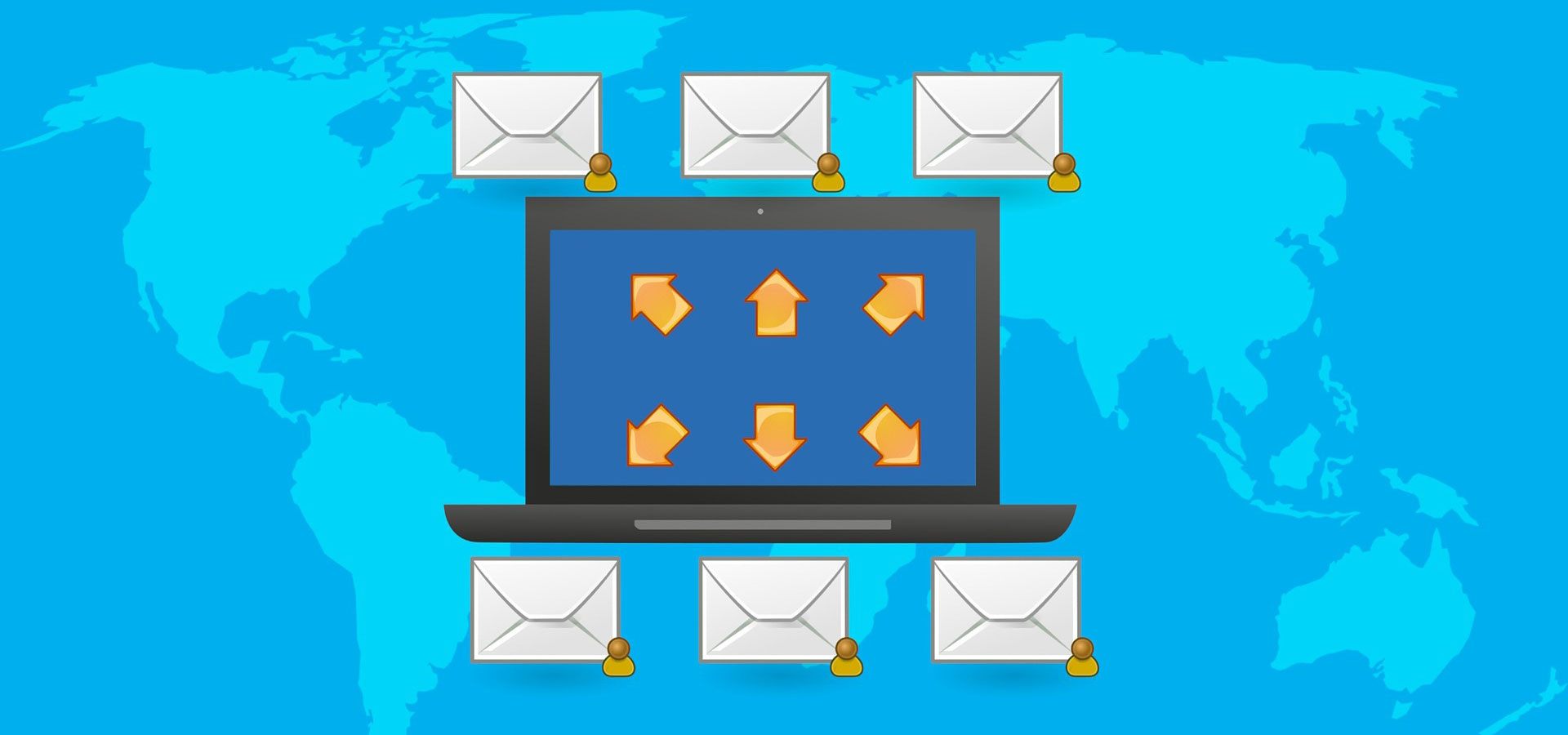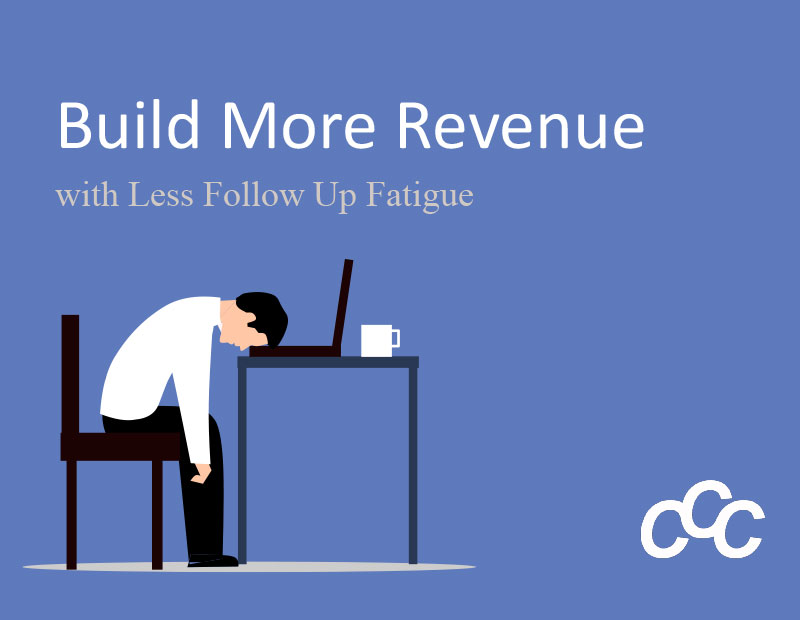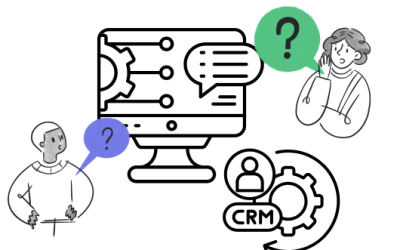We have been talking about drip campaigns over the last couple of weeks. If you missed them, you can read why drip campaigns are important and how you can begin a successful customer relationship with your drip campaign’s Welcome email. We have been spending time on the subject of drip campaigns, because they have a much higher open rate than one-off emails. They build customer loyalty and brand awareness, but what goes into the drip campaign content is just as important as the campaign itself.
In conversations about drip campaigns, a question is often asked. What should I say? We take a very easy approach to this answer. The purpose of drip campaigns is to nurture your relationship with your customer, so whatever you say should help make their life better and meet their need. In other words, your content should be about them, not you.
There are two questions you can ask yourself to help direct content creation for your drip campaign (and other content for that matter).
- Do I see myself as their hero or their guide?When we think of hero, we think of someone who swoops in, saves the day, and rides off without revealing their true identity. It is a one-and-done act of service. The hero gets all the credit and there is no relationship. A guide, on the other hand, is someone who comes into a situation, takes time to understand, and leads. The guide is in it for the long haul to help and nurture. When you make your drip campaign about the customer, you are not making yourself the hero. Instead, you are guiding your customer. Part of guiding them could mean recommending a service or product that you offer. It could mean showing them how to be more efficient with a product or skillset to make their life better. People feel connected to a guide. This brings us to the second question that we need to ask ourselves.
- Do I understand my customer’s need and pain point?In order to guide them, you need to understand their need and pain point. You need to be able empathize and create a bond. This starts by listening. Your product or service could be exactly what they need, but if you overwhelm with statistics and features that are not relevant to their situation, you will push them away. When you listen, you understand where they are in their decision making and can guide them. If you do not listen and understand their need or pain point, your drip campaign becomes just another sales pitch that gets through in the trash or marked spam. Don’t let that happen. Take the time to understand your customer.
So, let’s go back to the question about what you say. Listen to your customer and talk to them. Ask questions. Offer advice. Give recommendations. Guide them. Do this and you will have plenty to talk about and your drip campaign will start to see an increase in engagement. If you have a question about positioning yourself as the guide instead of the hero through your drip campaign’s content, we would love to talk with you.





